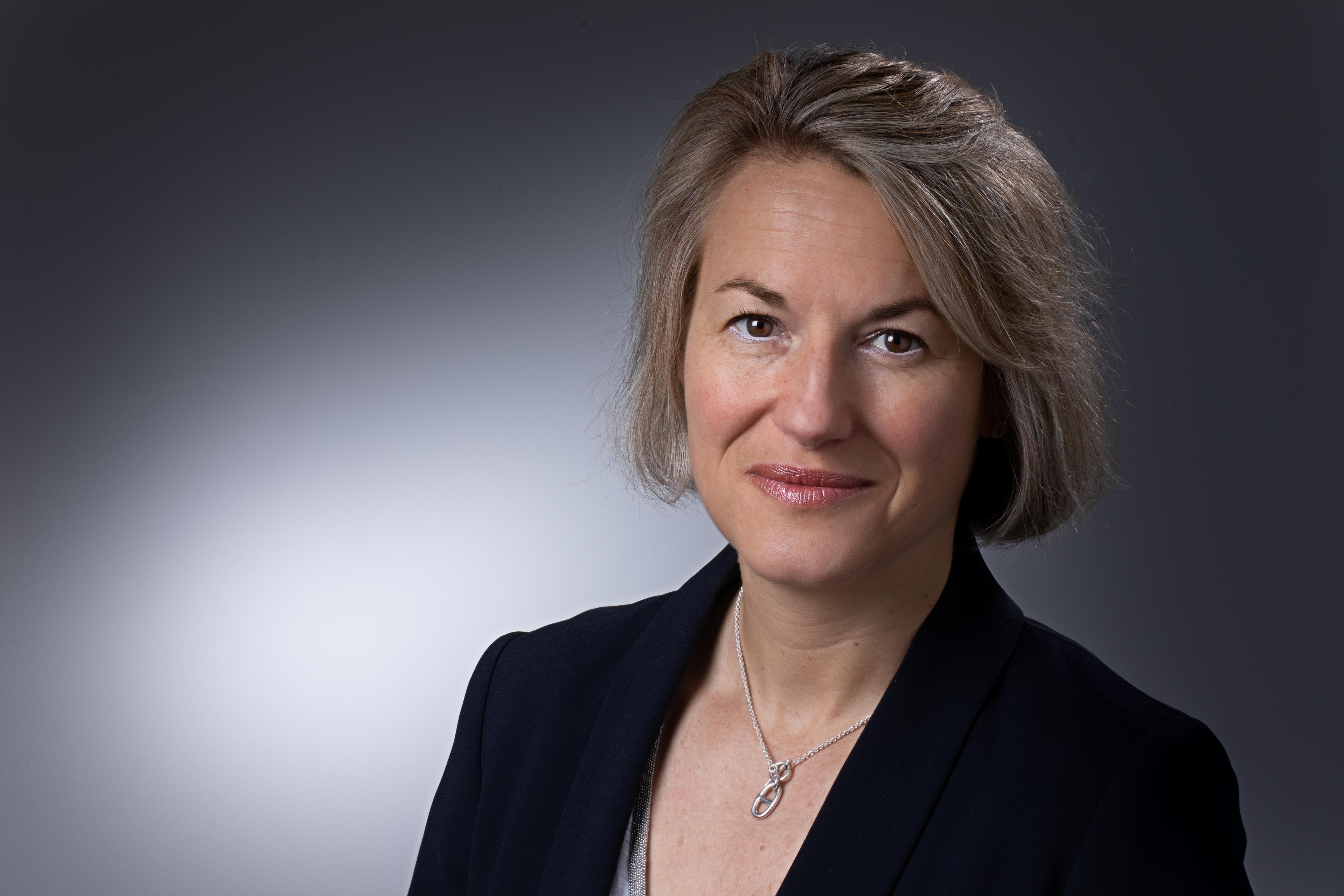Air France CEO Warns Of Higher Fares, Shifting Hub Traffic Without Cheaper SAF

Air France CEO Anne Rigail
Air France would see its costs increase by €1.3 billion ($1.4 billion) if prices of sustainable aviation fuel (SAF) do not come down, the airline’s CEO said.
Air France has a goal of increasing its use of SAF to 10% of total fuel usage by 2030, but SAF remains considerably more expensive than conventional jet fuel. This year, SAF will add €100 million to Air France’s costs.
Speaking at an event on the sidelines of the Paris Air Show, Air France CEO Anne Rigail said the “over cost” of SAF was one of the air transport industry’s biggest challenges as it seeks to decarbonize.
The global air transport industry has committed to being carbon net-zero by 2050 and acknowledges that increasing the availability and use of SAF will be critical to attaining that goal.
“When we look at 2030 with the commitment of 10% of SAF, if the SAF is at the same price as today, it will be €1.3 billion. When you look at airline margins, [which] are a bit tight and cyclical, we see that it will be very difficult, if not impossible, to incorporate this over cost in the business model of the airlines,” Rigail said. “What we need collectively to aim at is to lower the price of SAF.”
“For an airline like Air France, where our footprint is 80% coming from long-haul flights, SAF is a decisive lever—without it, we can’t manage to meet the industry targets,” she said.
A flight from Nice to Singapore in 2030 at current SAF prices would cost €110 more for an economy passenger, Rigail said, creating the risk that passengers would choose different, cheaper routings. “If it stays like this, it would mean traffic [shifting] onto other hubs.”
Air France has committed to its 10% SAF by 2030 target, which goes beyond industry-wide goals, because “we want to send a signal to the industry that it’s time to scale up the production of SAF,” she said, noting that the airline is pleased the French government last week announced further green aviation investments, including a domestic SAF project.
But France, where there are currently four e-fuel projects—compared to 13 in Germany—needs to go further, she said. “We know that we have to support the emergence of e-fuel production factories.”

Comments